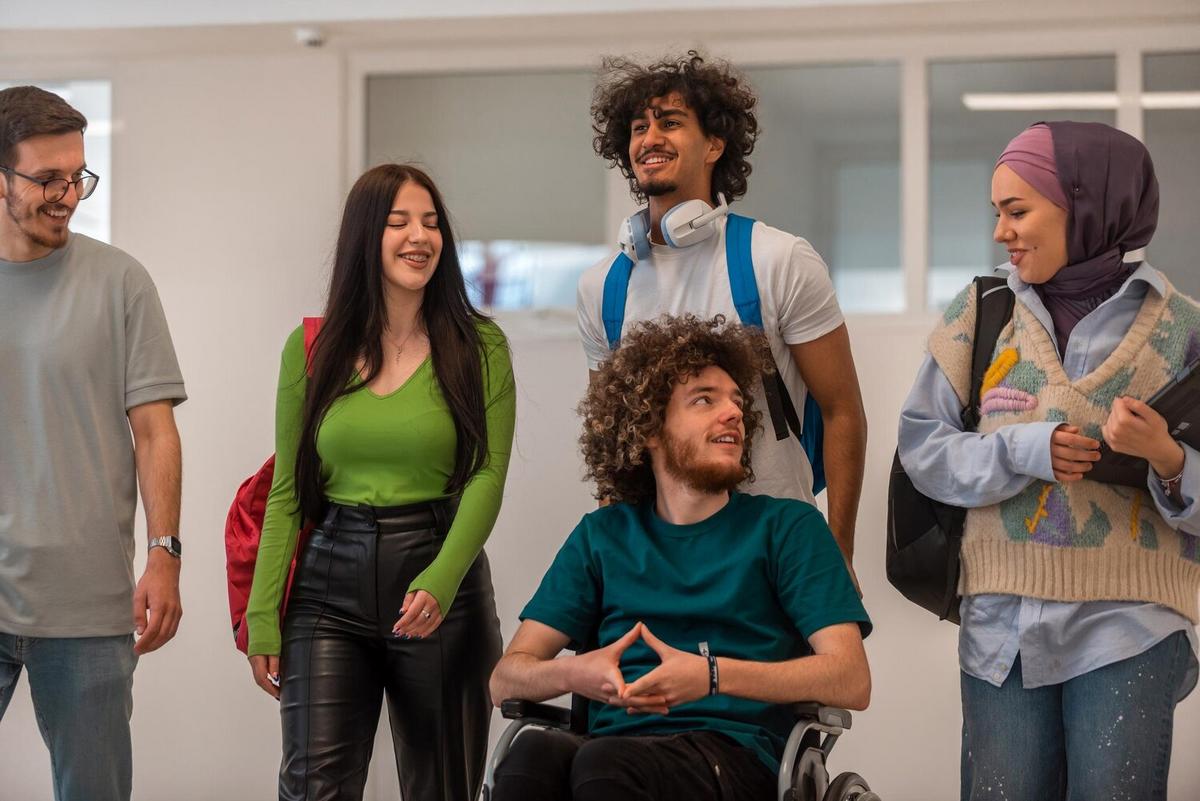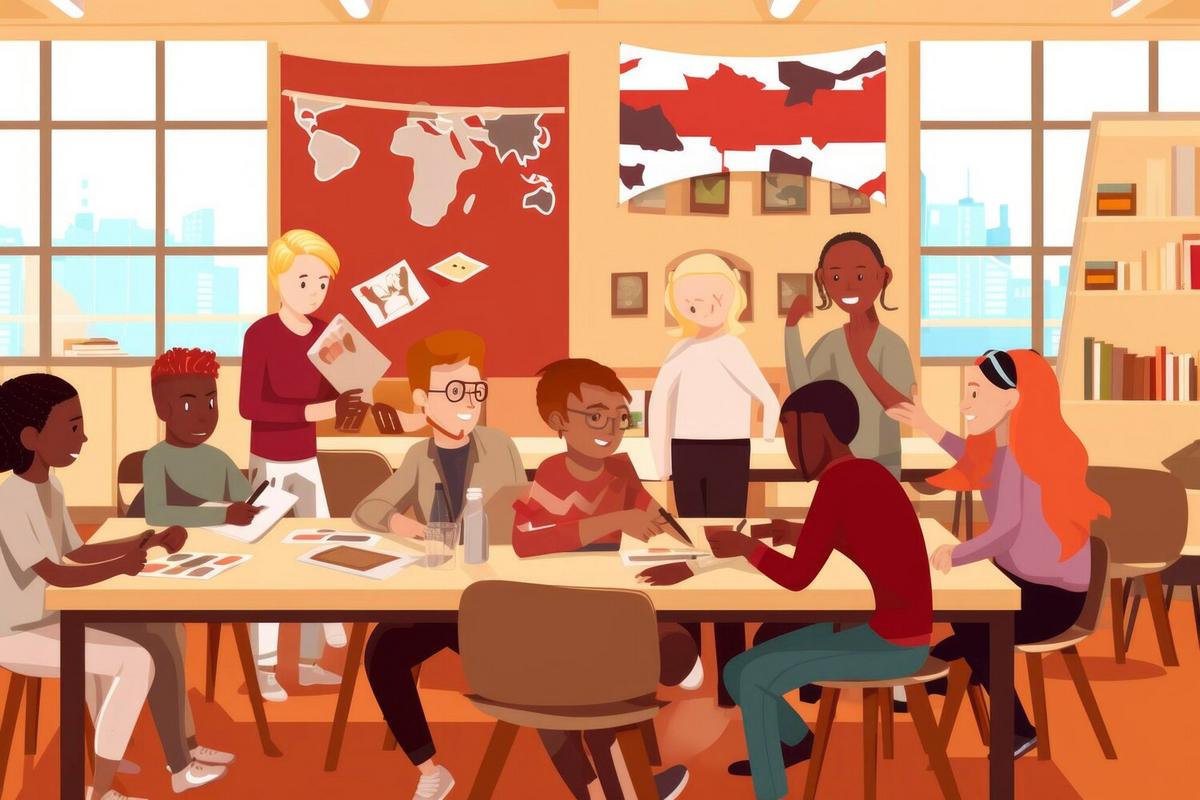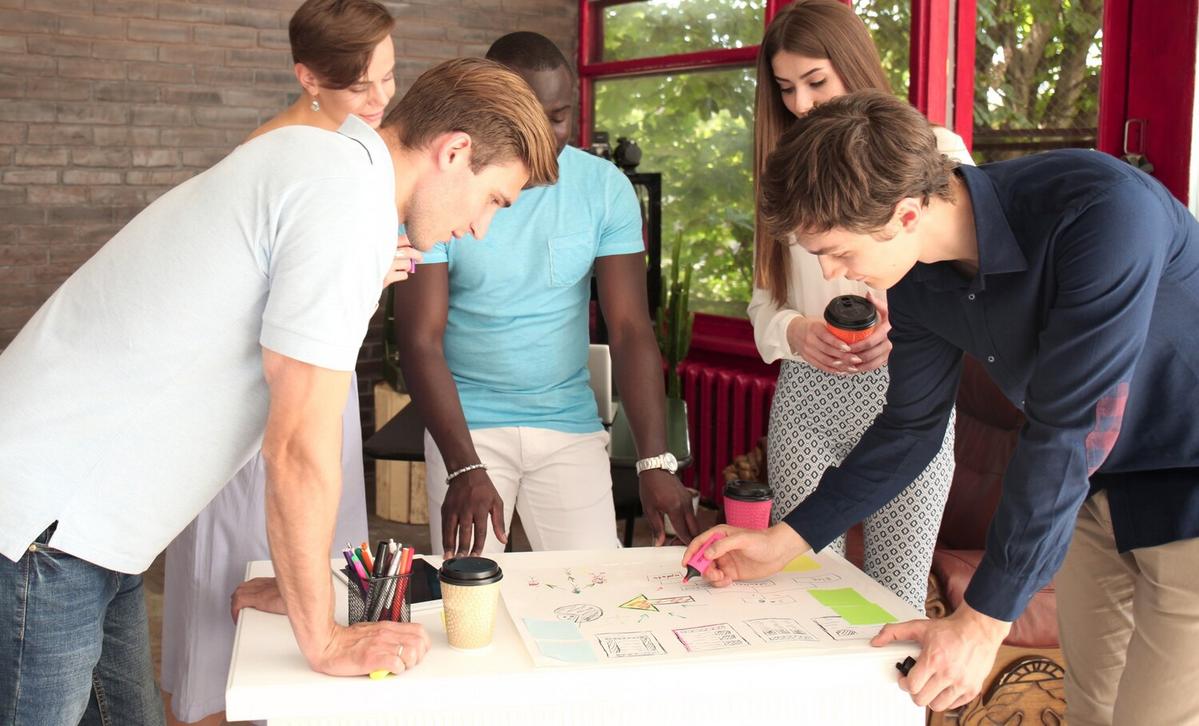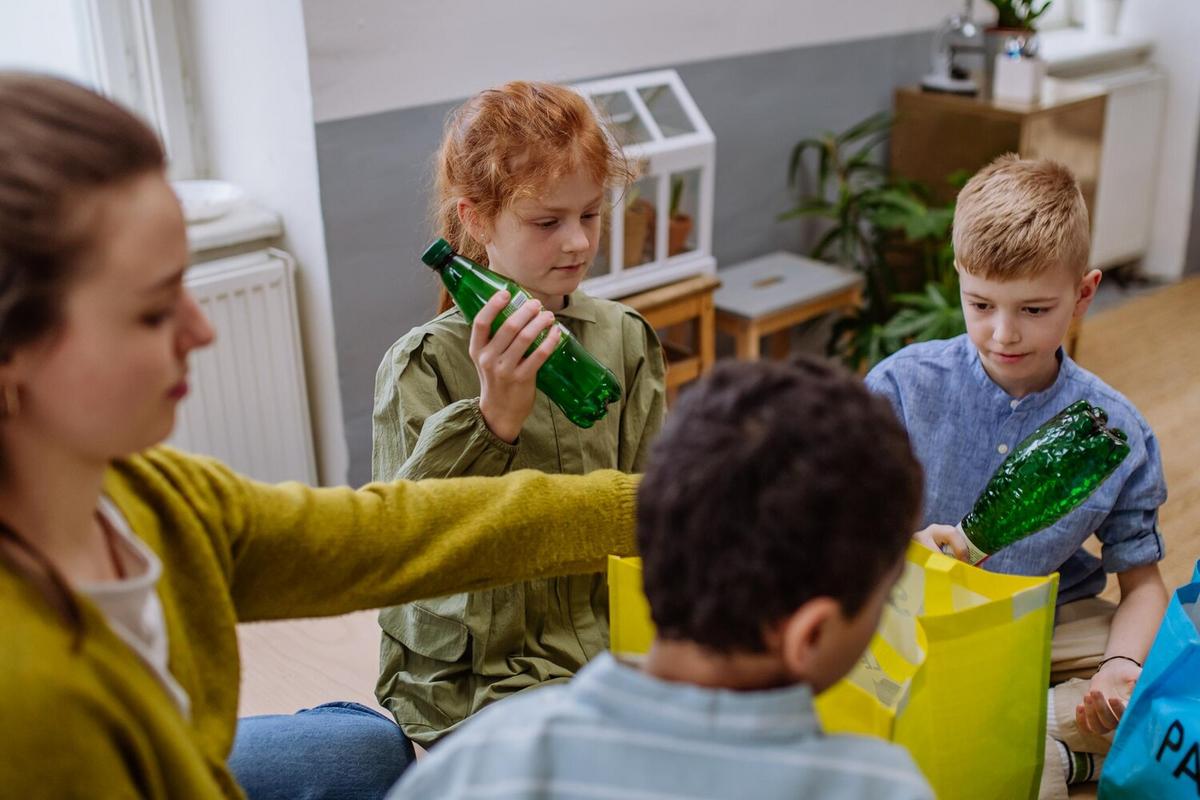-

Adapting to Hybrid Learning Environments: Best Practices and Tools
•
As educational landscapes evolve, hybrid learning environments have emerged as a pivotal model, blending traditional classroom experiences with digital learning. This approach not only offers flexibility but also caters to diverse learning needs, making it a significant focus in the realm of EdTech innovations.
-

From Chalkboards to Smartboards: The Evolution of Classroom Technology
•
The shift from chalkboards to smartboards represents a remarkable journey in classroom technology, highlighting the dynamic nature of educational tools over the decades.
-
The Impact of 5G on Remote Learning: Opportunities and Challenges
•
The advent of 5G technology promises to revolutionize various sectors, and education is no exception. As remote learning becomes increasingly prevalent, understanding the impact of 5G on this mode of education is crucial for educators, students, and policymakers alike.
-

Creating Inclusive Learning Environments for Diverse Learner Needs
•
Creating an inclusive learning environment is vital for accommodating the diverse needs of all learners. With classrooms becoming increasingly heterogeneous, educators must adopt strategies that recognize and celebrate these differences to foster a supportive and effective learning space.
-

How to Implement Character Education in the Classroom
•
Character education plays a vital role in shaping young minds, fostering a sense of responsibility, empathy, and integrity that goes beyond academic success. It’s about nurturing well-rounded individuals who contribute positively to society.
-

The Role of Online Certifications in Career Advancement
•
As digital landscapes evolve, the significance of online certifications in shaping one’s career trajectory has become undeniable. These certifications serve as a bridge, connecting ambitious professionals with the skills required to excel in an ever-changing job market.
-

How to Stay Competitive in Today’s Job Market: Learning New Skills
•
Navigating the ever-evolving job market requires more than just a strong resume; it demands a commitment to lifelong learning and skill development. As industries rapidly change and new technologies emerge, staying competitive means continuously adapting and expanding your skill set.
-

Empowering Students through Project-Based Learning Approaches
•
In the realm of human-centered education, project-based learning (PBL) emerges as a transformative approach that equips students with essential skills for the future. This educational method not only fosters critical thinking and collaboration but also empowers students to take charge of their learning journey.
-

Navigating Career Transitions with Skill-Based Learning Programs
•
Switching careers can be a daunting task, yet with skill-based learning programs, the transition becomes not only manageable but also exciting.
-

The Significance of Social-Emotional Learning (SEL) in Child Development
•
Social-emotional learning (SEL) is increasingly recognized as a cornerstone in child development, shaping not only academic success but also the holistic well-being of children.